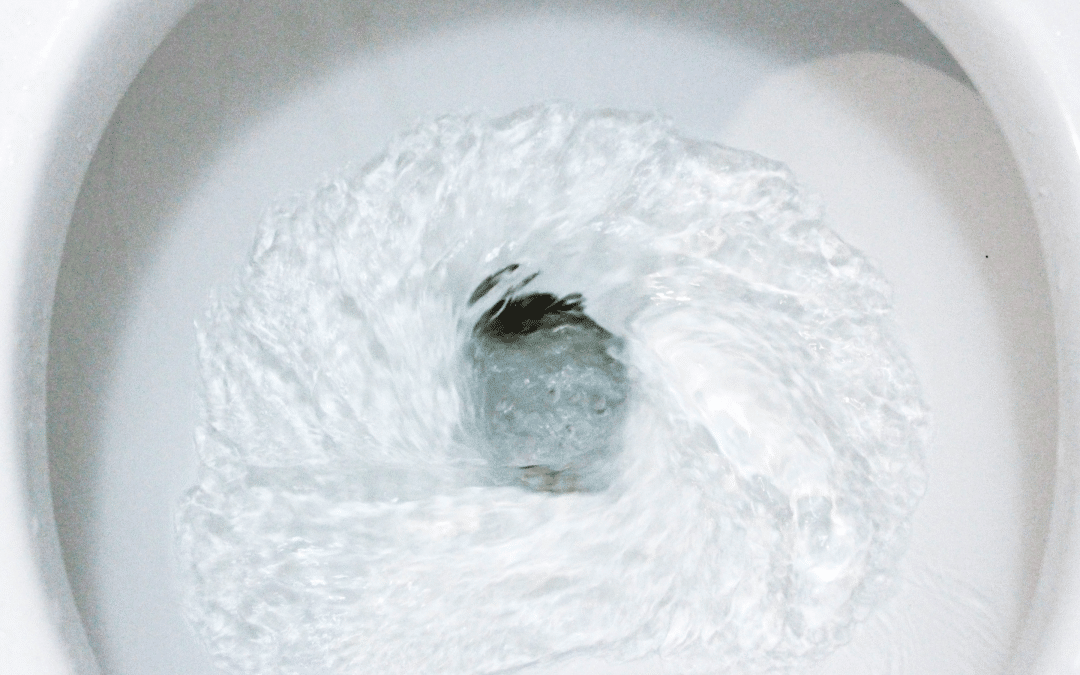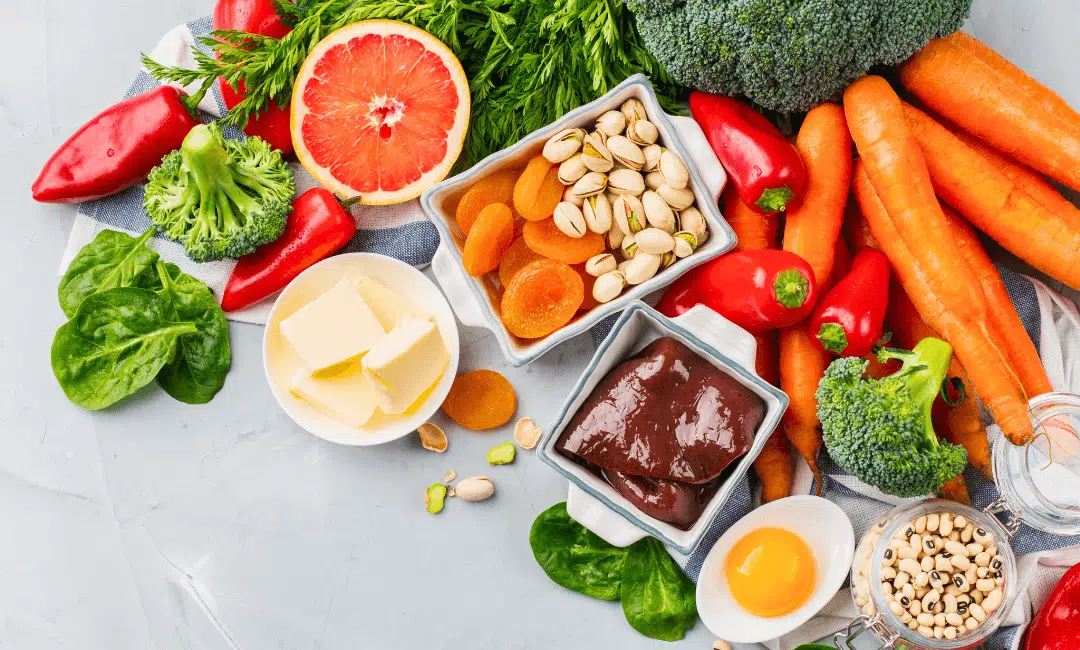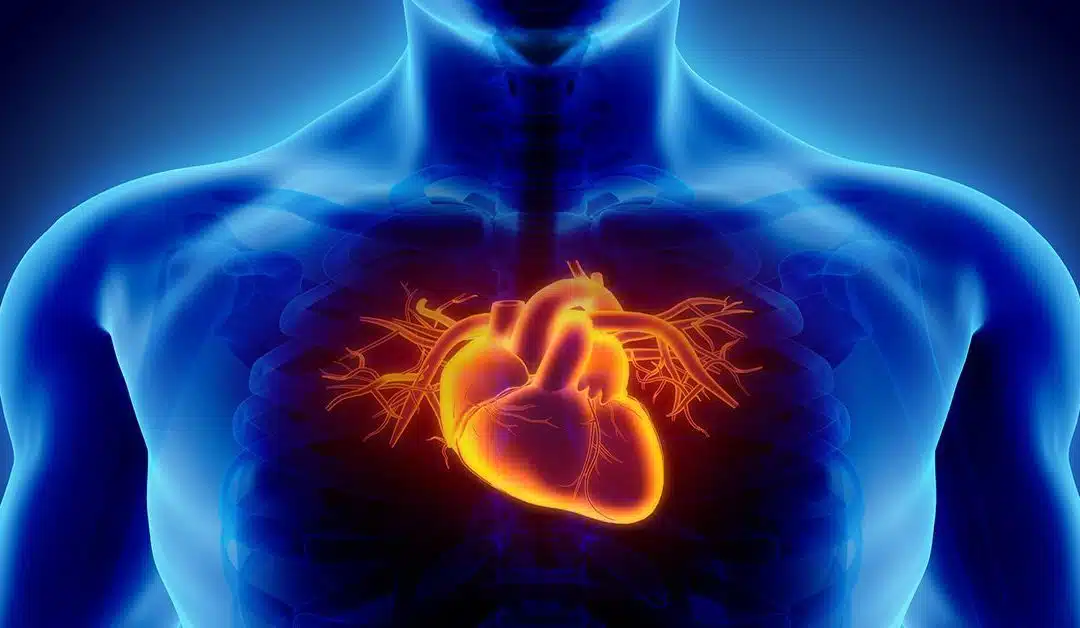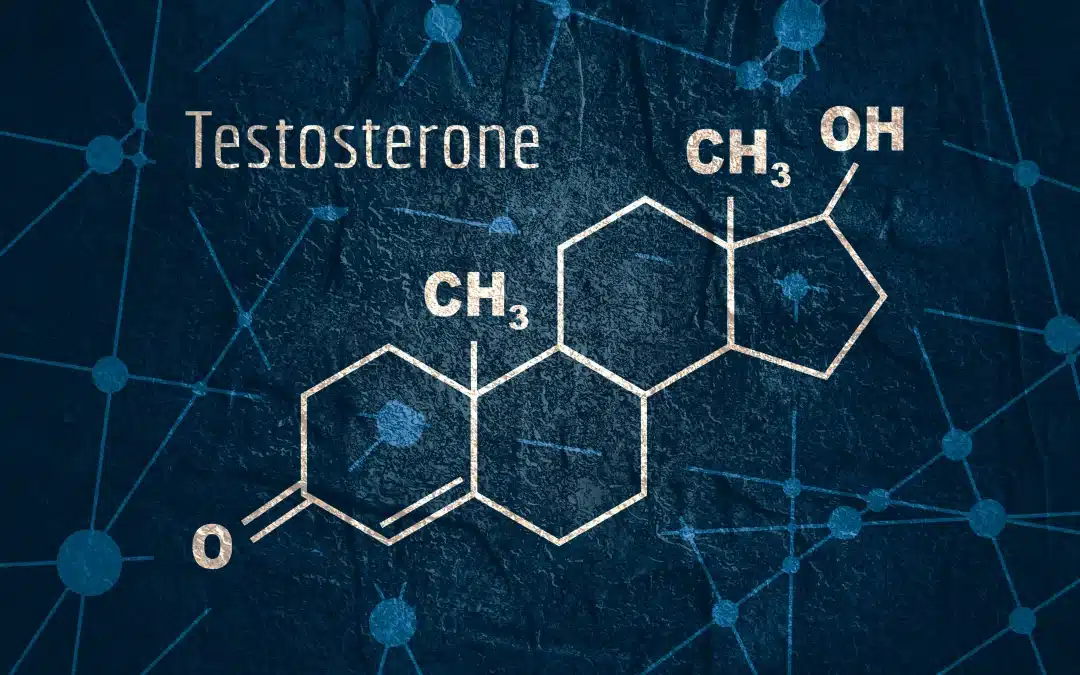In a world increasingly aware of the importance of health and well-being, the concept of an ‘unhealthy gut’ is drawing attention. This piece takes a deep dive into the fascinating realm of our digestive system, highlighting the intricate relationship between gut health and weight gain. We aim to shed light on how our body’s microscopic inhabitants can influence our weight and offer valuable insights into the silent battles fought within us. By understanding these interactions better, you could be better equipped to tackle your weight management journey.
Understanding Your Gut Microbiome
Our gut microbiome, composed of various bacteria, plays many crucial roles in maintaining our health. They interact with our immune system and brain, produce vital vitamins, and significantly influence how we digest our food and feel satiated. As a result, our gut microbiome can significantly impact our weight. A balanced gut microbiome can aid in maintaining a healthy weight, while an imbalance may lead to weight gain.
The Role of Gut Bacteria in Weight
The bacteria in our gut interact with the food we consume, influencing the nutrients we absorb and how energy is stored in our bodies. One study involving 77 pairs of twins, each pair consisting of one obese and one non-obese twin, found that the obese twin had less diverse gut bacteria. This suggests that lower gut bacteria diversity may contribute to obesity.
Prevotella and Bacteroidetes: Key Factors in Weight Management
Certain research indicates that the ratio of two specific bacteria types, Prevotella and Bacteroidetes, may influence how much weight you lose on a particular diet. Prevotella bacteria are efficient at digesting fiber (a prime prebiotic food source for good gut bacteria) and carbohydrates, while Bacteroidetes are more prevalent in people with a meat and fat-rich diet. Also, the gut microbiome influences how dietary fats are absorbed in the intestines, which can impact body fat storage.
The Gut’s Guardian: Akkermansia Muciniphila
Some microbes, such as the probiotic bacterium Akkermansia Muciniphila, help protect us from weight gain and obesity by strengthening the gut lining and maintaining healthy metabolic markers. Akkermansia feeds on the mucus lining the gut, promoting a stronger, thicker intestinal barrier. This bacterium is more abundant in lean individuals and less so in those with obesity. Studies suggest that Akkermansia can assist the body in controlling sugar and fat metabolism, both of which can pose challenges for overweight and obese individuals.
Maintaining a Healthy Gut Microbiome to Prevent Weight Gain
Our diet plays a significant role in determining whether our gut microbiome will aid in maintaining a healthy weight or promote weight gain. Consuming a diverse range of whole plant foods, such as vegetables, fruits, seeds, nuts, grains, and legumes, is crucial for a balanced and healthy body. Below, we delve into some beneficial and non-beneficial foods for gut health. Remember, along with dietary factors, regular exercise is also a key component of effective weight management.
Detrimental Foods for Gut Health & Weight: High-Sugar Foods:
Diets high in sugar can promote the growth of certain unhealthy gut bacteria, leading to weight gain and other chronic health issues.
- Artificial Sweeteners: Substances like aspartame and saccharin can reduce beneficial gut bacteria, potentially leading to high blood sugar levels.
- Unhealthy Fats: While healthy fats like omega-3s support beneficial gut bacteria, excessive saturated fats can encourage harmful bacteria growth.
Beneficial Foods for Gut Health & Weight:
- Whole Grains: Unrefined grains are fiber-rich, providing sustenance for beneficial gut bacteria and aiding weight loss.
- Fruits and Vegetables: These provide diverse fibers beneficial for gut bacteria. Consuming a variety can boost gut bacteria diversity, linked to maintaining a healthy weight.
- Nuts and Seeds: Rich in fiber and healthy fats, these promote the growth of beneficial gut bacteria.
- Polyphenol-rich Foods: These include dark chocolate, green tea, and red wine. The polyphenols in these foods are broken down by beneficial gut bacteria, promoting their growth.
- Fermented Foods: Foods like yogurt, kombucha, kefir, and sauerkraut contain beneficial bacteria, reducing harmful bacteria in the intestines.
- Probiotics: Regular use of probiotics, particularly after illness or a course of antibiotics, can help restore a healthy gut microbiome, and may even aid weight loss.
Sources
[1] Turnbaugh, P. J., Hamady, M., Yatsunenko, T., Cantarel, B. L., Duncan, A., Ley, R. E., Sogin, M. L., Jones, W. J., Roe, B. A., Affourtit, J. P., Egholm, M., Henrissat, B., Heath, A. C., Knight, R., & Gordon, J. I. (2009). A core gut microbiome in obese and lean twins. Nature, 457(7228), 480–484. https://doi.org/10.1038/nature07540
[2] Hjorth, M. F., Roager, H. M., Larsen, T. M., Poulsen, S. K., Licht, T. R., Bahl, M. I., Zohar, Y., & Astrup, A. (2018). Pre-treatment microbial Prevotella-to-Bacteroides ratio, determines body fat loss success during a 6-month randomized controlled diet intervention. International journal of obesity (2005), 42(3), 580–583. https://doi.org/10.1038/ijo.2017.220
[3] O’Keefe, S. J., Li, J. V., Lahti, L., Ou, J., Carbonero, F., Mohammed, K., Posma, J. M., Kinross, J., Wahl, E., Ruder, E., Vipperla, K., Naidoo, V., Mtshali, L., Tims, S., Puylaert, P. G., DeLany, J., Krasinskas, A., Benefiel, A. C., Kaseb, H. O., Newton, K., … Zoetendal, E. G. (2015). Fat, fibre and cancer risk in African Americans and rural Africans. Nature communications, 6, 6342. https://doi.org/10.1038/ncomms7342
[4] Bäckhed, F., Ding, H., Wang, T., Hooper, L. V., Koh, G. Y., Nagy, A., Semenkovich, C. F., & Gordon, J. I. (2004). The gut microbiota as an environmental factor that regulates fat storage. Proceedings of the National Academy of Sciences of the United States of America, 101(44), 15718–15723. https://doi.org/10.1073/pnas.0407076101
[5] Everard, A., Belzer, C., Geurts, L., Ouwerkerk, J. P., Druart, C., Bindels, L. B., Guiot, Y., Derrien, M., Muccioli, G. G., Delzenne, N. M., de Vos, W. M., & Cani, P. D. (2013). Cross-talk between Akkermansia muciniphila and intestinal epithelium controls diet-induced obesity. Proceedings of the National Academy of Sciences of the United States of America, 110(22), 9066–9071. https://doi.org/10.1073/pnas.1219451110
[6] Valdes A M, Walter J, Segal E, Spector T D. (2018) Role of the gut microbiota in nutrition and health BMJ, 361 https://doi:10.1136/bmj.k2179
[7] Heiman, M. L., & Greenway, F. L. (2016). A healthy gastrointestinal microbiome is dependent on dietary diversity. Molecular metabolism, 5(5), 317–320. https://doi.org/10.1016/j.molmet.2016.02.005
[8] Zhang, Q., Wu, Y., & Fei, X. (2015). Effect of probiotics on body weight and body-mass index: a systematic review and meta-analysis of randomized, controlled trials. International journal of food sciences and nutrition, 67(5), 571–580. https://doi.org/10.1080/09637486.2016.1181156
https://www.healthline.com/nutrition/gut-bacteria-and-weight
https://atlasbiomed.com/blog/gut-bacteria-and-weight-gain-whats-going-on/
https://navacenter.com/weight-gain-and-your-gut-health-whats-the-link/
https://www.health.harvard.edu/staying-healthy/do-gut-bacteria-inhibit-weight-loss
https://drhyman.com/blog/2016/02/18/how-to-fix-your-gut-bacteria-and-lose-weight/
https://www.scientificamerican.com/article/how-gut-bacteria-help-make-us-fat-and-thin/








